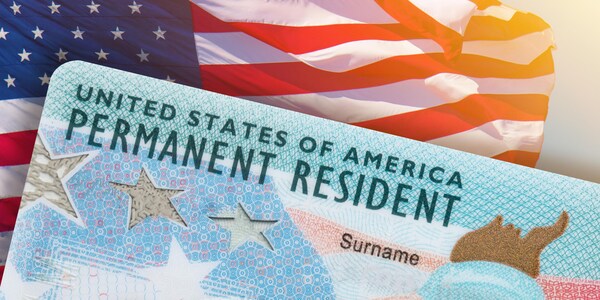The U.S. Citizenship and Immigration Services (USCIS) has updated its Policy Manual to tighten regulations surrounding false U.S. citizenship claims in visa applications.
Beginning from August 20, 2025, the USCIS said the fresh policy is in line with the 2019 Board of Immigration Appeals (BIA) decision in Matter of Zhang.
The U.S agency explained that the policy was put in place to ensure stricter vetting to detect fraudulent claims and reinforce consequences for those attempting to deceive the immigration system.
The updated policy clarifies that false U.S. citizenship claims do not require intent to trigger inadmissibility or deportability under the Immigration and Nationality Act (INA).
According to Matter of Zhang, even unintentional misrepresentations, such as checking the U.S. citizen box on an I-9 employment form or voter registration, can lead to severe consequences, including permanent inadmissibility.
USCIS also added that it is going to apply this policy to all pending and future adjustment of status applications, closing loopholes that previously allowed defenses based on knowledge, age, or mental capacity.
According to the latest policy, below are things that can be considered false claims to U.S. citizenship;
Providing False Information: Deliberately giving incorrect details or documents to support an immigration benefit.
Withholding Material Information: Not disclosing crucial facts that could impact an immigration decision.
Misrepresenting Eligibility: Lying about eligibility for a visa, other documentation, or admission into the U.S.
Consequences of a False Claim:
Visa Denial: Individuals who violate this policy will be denied a visa.
Deportation: Individuals may face removal from the U.S.
Lifetime Ban: The most severe consequence is a permanent inadmissibility, a lifetime ban from entering the U.S, for which no waiver exists.





